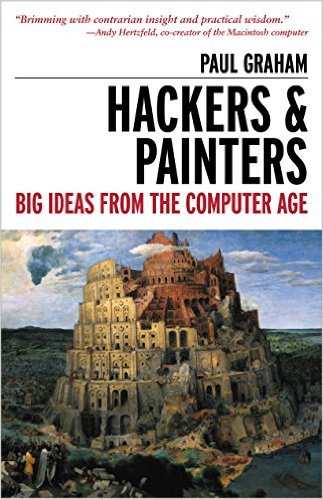Reading 04: Programming Languages

Readings
The readings for Tuesday, February 21 are:
Writings
In these essays, Paul Graham discusses the power of programming languages such as Lisp and how this non-conventional language proved to be a competitive advantage in creating Viaweb:
Our secret weapon, Lisp, was similar. We wrote our software in a weird AI language, with a bizarre syntax full of parentheses. For years it had annoyed me to hear Lisp described that way. But now it worked to our advantage. In business, there is nothing more valuable than a technical advantage your competitors don't understand. In business, as in war, surprise is worth as much as force.
In your this blog post, write a reflection that does the following:
-
Discuss the idea behind the statement: "programming languages are not just technology, but what programmers think in." How does a programming language impact the way you tackle a problem or construct an application?
-
Discuss whether or not "programming languages vary in power." Are some languages intrinsically more powerful than other languages? What makes one language better than another?
-
Discuss your experiences with alternative languages such as Lisp, Scheme, Erlang, Haskell or any non-mainstream language. What drew you to these languages? Did you find them to be useful? Do you still use them? Explain why or why not.
-
Finally, consider what will programming languages look like in 100 years. What are the big problems in computer science that programming languages can address? What is missing in our current set of tools? What ideas or features will continue to persist?
Some food for thought: